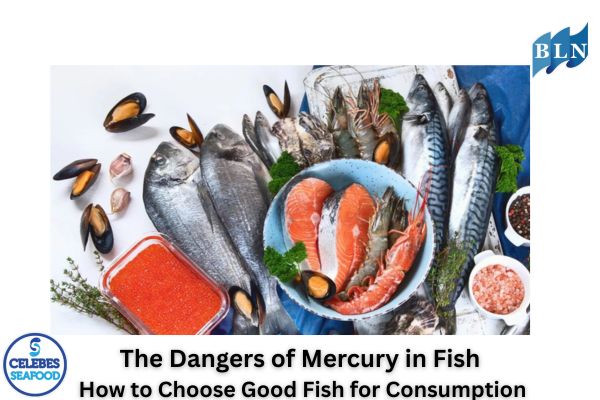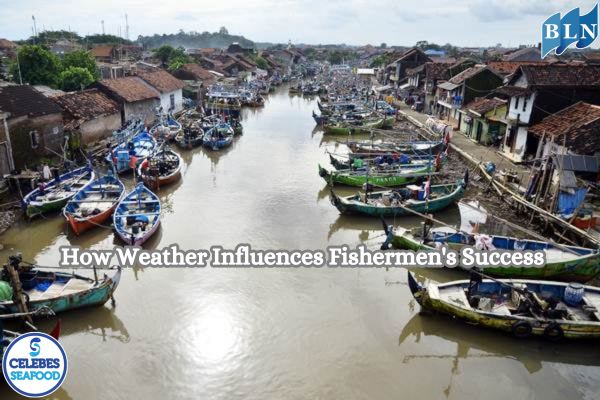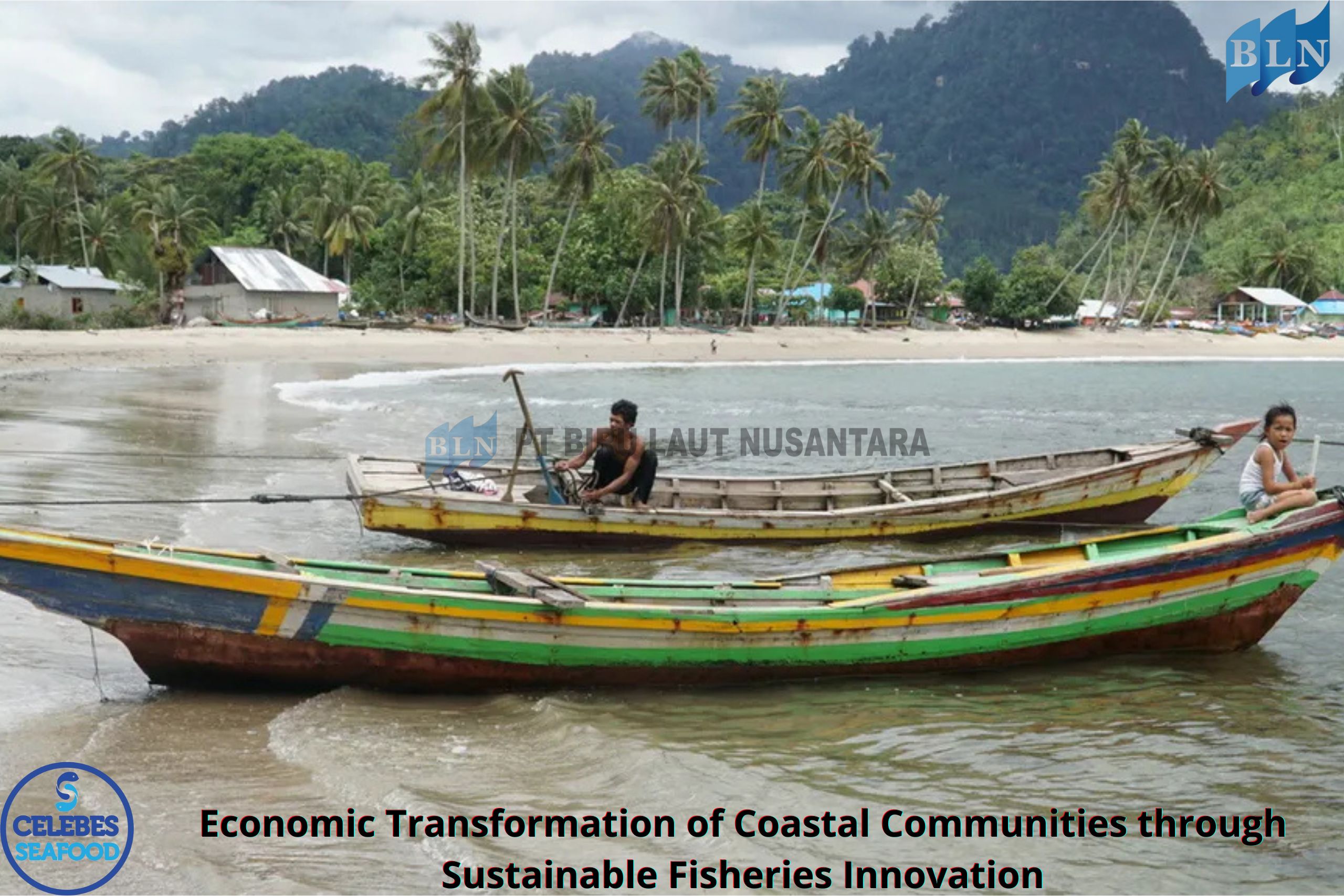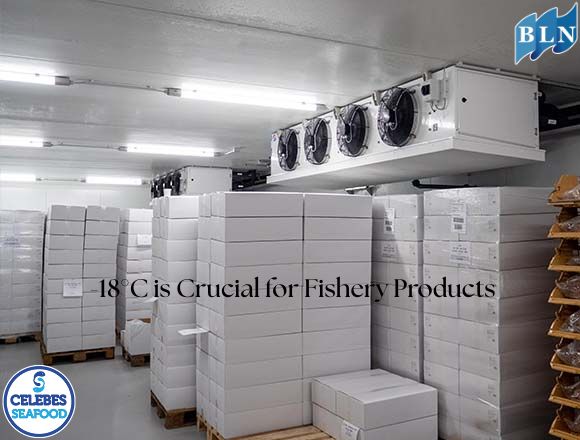The Future of the Canned Fish Industry in Indonesia
By. Amma - 28 Apr 2025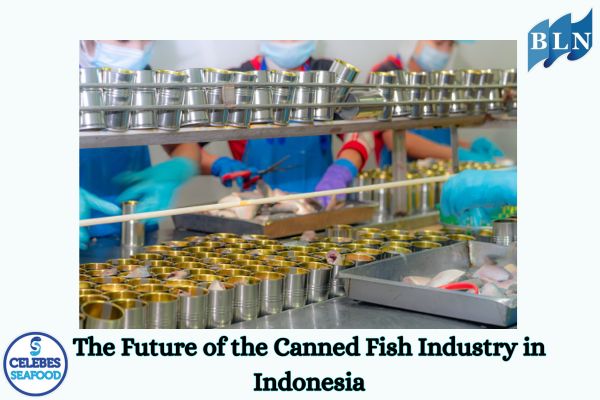
lautnusantara.com The future of the canned fish industry in Indonesia looks bright but also faces a number of challenges that need to be overcome. Here are some key points regarding the future of this industry:
1. Opportunities:
- High Domestic Demand: Canned fish is a practical and affordable option for Indonesians, especially in areas with limited access to fresh fish. This makes the domestic market a huge potential.
- Large Export Potential: Indonesia is among the top 10 canned fish exporters in the world. The export market, especially to ASEAN countries, the Middle East, Japan, the United States, Canada, and the European Union, is still wide open and continues to show growth.
- Increasing State Foreign Exchange: The canned fish industry plays a significant role in contributing foreign exchange to the country.
- Downstreaming of Fishery Products: Canning fish is one form of downstreaming of fishery products that provides added value and extends the shelf life of the product.
- Product Innovation: Opportunities to develop canned fish products with a Nusantara taste and more diverse variants (for example, with local spices, different fish) can increase consumer appeal.
- Government Support: The government through the Ministry of Marine Affairs and Fisheries (KKP) and the Ministry of Industry (Kemenperin) provides support for the development of this industry, including export facilitation and promotion.
2. Challenges:
- Availability of Raw Materials: The availability of local fish raw materials, such as lemuru for canned sardines, is a concern. Overfishing and seasonal factors can affect supply. Importing raw materials is one strategy to maintain sustainable production.
- Competitiveness: The industry needs to continue to improve competitiveness through improving product quality, production efficiency, and innovation.
- Trade Barriers: Several export destination countries apply quality standards and non-tariff barriers that must be met by Indonesian exporters.
- Negative Perception: Although rich in nutrients, there is still a negative perception among some people towards canned fish products. Consumer education about the benefits and safety of canned fish is important to increase consumption.
- Sustainability: Unsustainable fishing practices can threaten the long-term availability of raw materials. The industry needs to move towards more sustainable sources of raw materials.
3. Trends and Strategies:
- Export Increase: The government targets to increase exports of processed fishery products, including canned fish.
- Stakeholder Synergy: The Ministry of Marine Affairs and Fisheries emphasizes the importance of synergy between the government, industry players, BPOM, and associations to strengthen competitiveness and expand market access.
- Increase in TKDN (Domestic Content Level): The government provides incentives for companies with high TKDN to encourage the use of local raw materials.
- Export Registration Facilitation: The government facilitates companies to obtain permits and certifications needed to export to various countries.
- Trade Negotiations: Negotiation efforts for the exemption of import duties to potential countries continue to be carried out.
Overall, the future of the canned fish industry in Indonesia has great potential to continue to grow and make a significant contribution to the country's economy. However, industry players need to be responsive to existing challenges and continue to innovate to maintain competitiveness in the domestic and global markets. The sustainability of fish resources is also a key to ensuring the sustainability of this industry in the future.
If you are interested in our product CUTTLEFISH WHOLE ROUND, CALAMARI WHOLE ROUND please do not hesitate to contact us through email and/or whatsapp.
